
That’s the feeling we get every time we turn on the news or check social media these days, as things seem to keep getting worse.
It’s hard NOT to feel down, depressed, and despondent during these unprecedented times, with millions of people sick, thousands dying, and the whole economy shut down.
There seems to be no quick solution or even solid answers, and it sure feels like the average person has been left to his or her own devices.
It’s all too much.
Then again, in those rare occasions that I'm able to throw the covers off and actually get out of bed, put down my third bowl of Peanut Butter Captain Crunch (note: I highly recommend it), or stop walking in circles around the house like a zombie, I realize that maybe things aren’t completely hopeless.
In fact, the sun is shining. I’m blessed to still have a roof over my head and food on the table, and the ability to control my own destiny, no matter how difficult that task may seem.
As usual, things may not be quite as bad as they seem.
I can hit you with rosy platitudes like “It’s always darkest before the dawn,” or even start singing “Don’t worry; be happy,” but I’m not going to minimize what we’re up against (and you don’t want to hear my singing!).
Furthermore, intangibles and Trumpian double-speak do us no good at this point. We need some real and substantial cornerstones that make us feel optimistic about coming days.
So, here are 10 things to feel ridiculously, gleefully, unabashedly hopeful about:
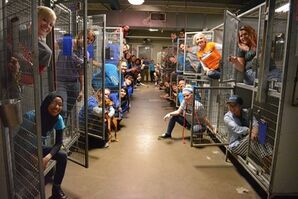
(My dog, Pupperoni, is patiently waiting for me to return to the Philippines or I'd adopt five more here in Connecticut!)

During good times, we were all a little guilty of fortifying ourselves in our McMansions and going about our own business.
But now, people are more interested in helping, supporting, and just getting to know those around them again. We're sitting on our front porches and saying hi, making meals for seniors, and giving away things we used to try to sell. Young people, especially, are stepping up and showing character.
Isn’t it ironic that we’re more isolated than ever but feel a new sense of communal and civic pride?

I don’t know about you, but I’m loving the rejuvenated relationship we have with local restaurants, Mom-n-Pop stores, and neighborhood businesses that are still operating. It seems like we appreciate them more than ever, and we’re actively supporting them with our dollars, (our stomachs), and by spreading the word.
Think about when this is over; will you head to Chilis or Bed, Bath, and Beyond?! No! You’ll run to a local or Mom-n-Pop business to eat, drink, and shop to your heart’s content!

As we traverse this storm of suffering with no relief in sight, I've noticed that people are becoming more human again. I liken it to the days after 9/11, when everyone waved and said hello, held the door open for each other, and generally remembered that we share the planet with others.
In fact, charity donations and volunteerism have skyrocketed already during this crisis, a heartwarming trend I expect to continue.

Are we finally stopping to smell the roses? Looks like it, as we finally have a moment to pause, breathe, and not be rushed every minute of every day.
Sure, we're bored, but our family dinners have become longer, we're talking to friends and family more than ever (even if it's virtually), and we're dusting off long-forgotten hobbies and passions. We're taking bike rides, doing yoga, learning (online) and reading, and taking walks with our kids every sunset. There may not be too many silver linings to these challenging times, but the fact that we can hit pause on the world for a moment is a once-in-a-lifetime occurrence.

Although what’s to come will be extremely painful, we also are recalibrating our priorities, which will have a positive effect for the rest of our lives. All of a sudden, we are filled with appreciation just to have a hot meal, the chance to talk to an old friend, or when we get to hug our family safely every night. And just being healthy for another day feels like an enormous blessing.
Maybe we needed a little wake-up call?
Well, this is it, and many of us are already listening, focusing on simplifying our lives and living with newfound gratitude.
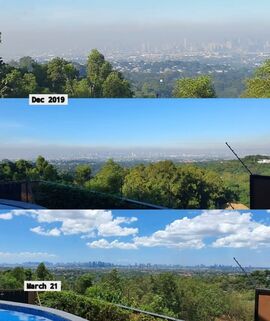
My anxiety (ok, abject panic!) often rises to a boiling point when I stay inside to work, watch the news, or scroll through social media. Then, I step outside, and everything feels better.
Even a few minutes out in my backyard or at the local park reminds me that some of the best things in life are the fresh air (allergy season notwithstanding), blue skies, blooming flowers, and wild animals.
Many of us are lucky enough to experience nature in one way or another, and the planet even seems to be healing itself a little with less pollution and more space for wildlife to roam again.
A lot of people around the world (more US people will start doing this if they're smart) are even starting to plant home gardens and grow their own food. Clean energy may even become more sustainable through all this. Hell, maybe there is just a spark of hope for the planet?
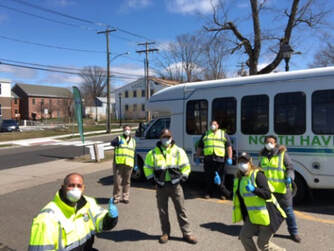
We'll look back at these dark days and remember the heroes, new leaders, and regular people who exhibited remarkable courage and sacrifice. We all have a new appreciation for teachers, police officers, first responders, doctors and nurses, bus drivers, grocery store workers, social workers, and all sorts of other extraordinary humans that sometimes go unappreciated.
I'm sure you've seen the videos of New Yorkers applauding and cheering their local healthcare workers during the nightly 7 pm shift change. I propose that we keep that tradition alive after this is all over – and expand it to show love and respect for a whole lot more "little people" who are huge in our lives.
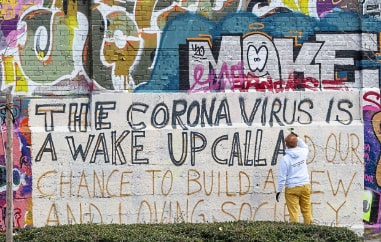
Just a few weeks ago, the world we live in now would be inconceivable.
(Would you ever imagine that you're required to wear a mask when walking into a bank?!)
Absolutely everything has changed, and we're still trying to wrap our collective psyche around that.
There will be pain and suffering to come; there's no avoiding it. But this grandest of transformations will also bring a chance to reinvent just about every aspect of our society - and even the human experience. We are blessed and cursed with the responsibility of rebuilding our world, and no one knows exactly what that look like except that it will be new.
Change is inevitable as it is imminent. It's now the age of rebirth for activists, artists, healers, designers, dreamers, teachers, empaths, environmentalists, inventors, underdogs, outcasts, leaders, and, especially the youth, as we've turned this world into a fuster cluck and it's time to let the next
The meek may just inherit the earth, after all...and I'm hopeful that they'll take far better care of it than we ever did.

Psychologists outline a process that we go through whenever we suffer a grave loss or tragedy, with stages from shock to denial, anger, bargaining, depression, reconciliation, and then, acceptance.
I don't know about you, but I think they're missing a couple of stages like, "Wearing the same sweatpants for 72 hours" and "Drinking wine at 10 am while holding a full conversation with the mailbox."
But there will be an eighth stage at the end of all this: Ready.
People will be ready:
Ready to work.
Ready to rebuild.
Ready to experience.
Ready to learn.
Ready to heal.
Ready to give.
Ready to connect.
Ready to love without censor or fear.
Very soon, we’ll be ready to LIVE again!
That alone is something to feel incredibly hopeful about, and I think it’s coming sooner than we may realize.
Trust me when I tell you; You’ll want to be around for the dancing in the streets after these dark days are over!
-Norm :-)
PS If you found this helpful or uplifting at all, can you please do me a favor and share it on social media? Thanks a billion!
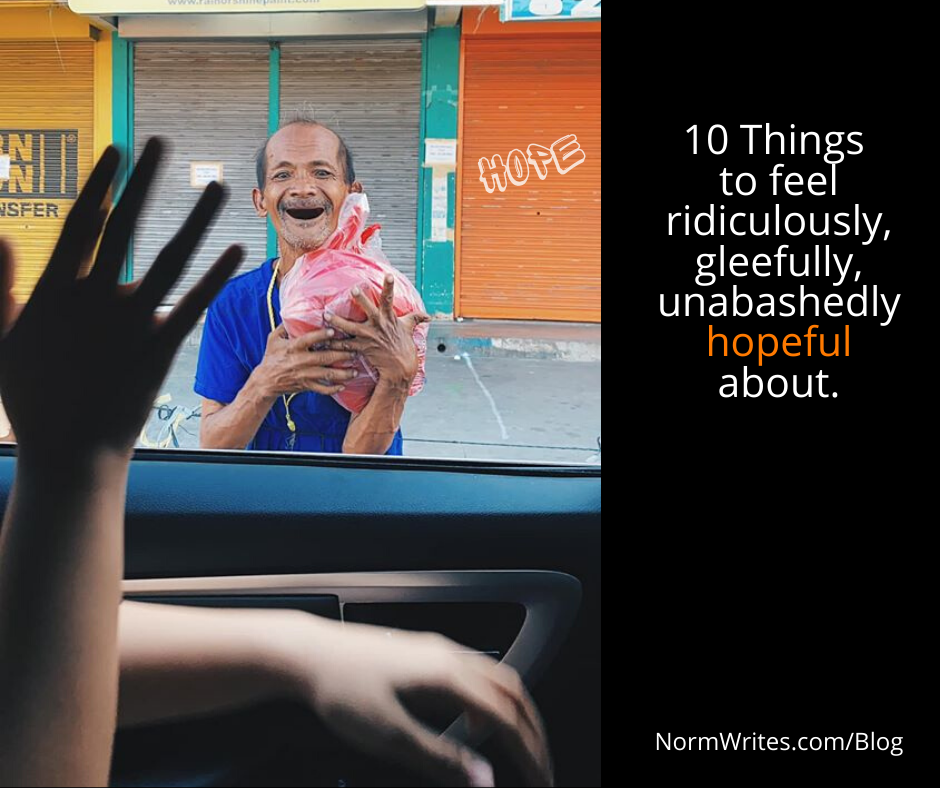


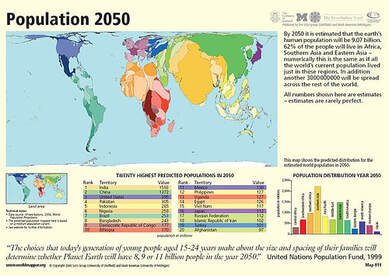
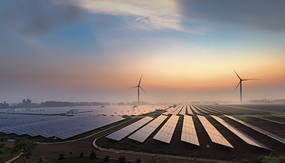
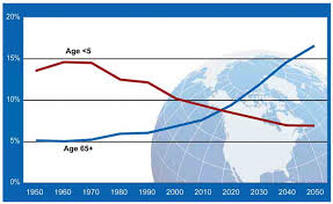



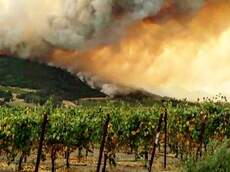

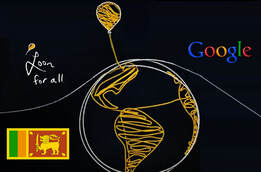


 RSS Feed
RSS Feed